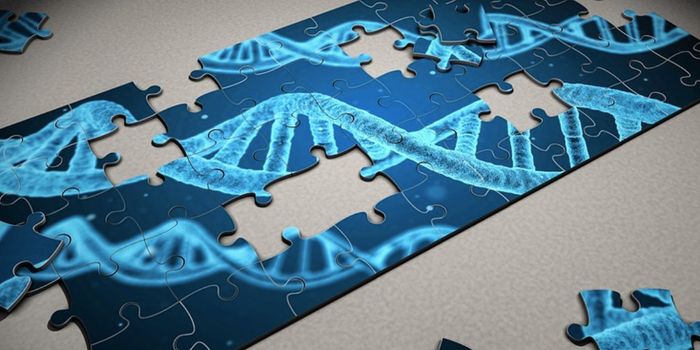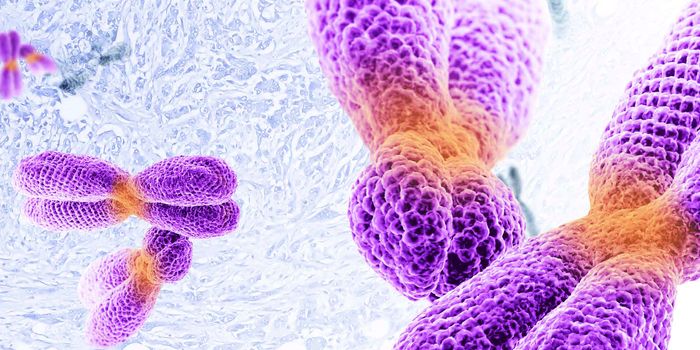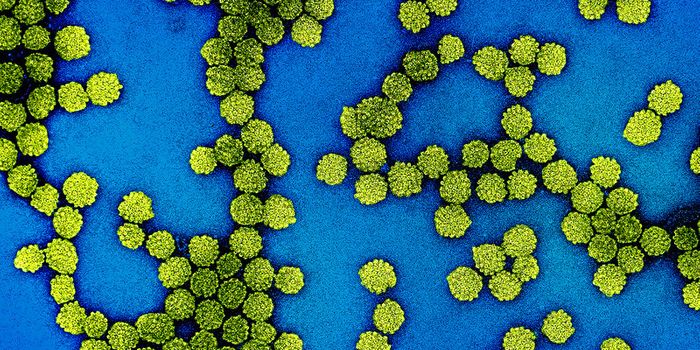Should We Hold the Ham at Easter Dinner?
Today, Christians around the world celebrate Easter a tradition that holds deep historical significance in recognition of the resurrection of Jesus Christ. Easter marks the conclusion of a series of religious events and commemorations, beginning with Ash Wednesday, 40 days prior. The time between Ash Wednesday and Easter, known as Lent, is a period of reflection and sacrifice, often involving fasting or abstaining from meat.
According to the New Testament, Easter and the surrounding events occurred in roughly 30 A.D. The days leading up to Easter signify some of the most significant religious celebrations in many Christian denominations, including Holy (or Maundy) Thursday, which recognizes the Last Supper Jesus shared with his Apostles, and Good Friday, the day Jesus was crucified.
While Easter traditions are closely tied to the Christian faith, many components of the springtime celebrations can be traced back to pagan times. For example, historians believe Easter eggs evolved from ancient pagan beliefs that eggs represented fertility and birth connected to the Christian belief of the resurrection, or re-birth, of Jesus. In addition, Easter has close ties to the celebration of Passover, an important event in the Jewish faith. The Holy Thursday feast that served as the basis for the Christian sacrament of Communion occurred during the week of Passover.
In honor of today’s Easter celebrations, we will explore the links between cancer and a staple of many Easter dinners, the Easter ham.
Ham, considered a “processed meat,” undergoes alterations to preserve its freshness and extend its shelf life. Meat can undergo various preservation processes, including salting, curing, or adding chemical preservatives. In addition to ham, other processed meats include hot dogs, sausage, corned beef, and meat-based sauces.
It's important to be aware that studies have linked the consumption of processed meats, including ham, to serious health risks such as colorectal, stomach, and pancreatic cancers.
In 2015, the International Agency for Research on Cancer (IARC), an intergovernmental agency working within the World Health Organization (WHO), classified the consumption of processed meats as a Group 1 carcinogen indicating these foods are “carcinogenic to humans,” suggesting that they can cause cancer in people.
According to the WHO press release, a working group of 22 experts met to discuss published literature linking processed meat and cancer development. The group found that each 50-gram portion (about two slices of ham) of processed meat consumed daily increased the risk of colorectal cancer by 18%.
Chemicals called nitrites and nitrates are naturally found in our bodies, as well as in soil, water, plants, and other foods. Processed meats can also contain added nitrates. In their natural form, these compounds are considered relatively harmless. However, when in contact with heat for cooking, grilling, or frying, nitrites and nitrates react with protein in the meat to form nitrosamines.
Fortunately for all the ham lovers out there, because the risk of cancer from processed meat increases with consumption, many doctors recommend limiting but not eliminating intake. Like many foods and beverages that we can indulge in, moderation is key!
Sources: Foods, Encyclopedia of Toxicology, Nutr Cancer, Int J Epidemiol, Nutrients, Br J Cancer









